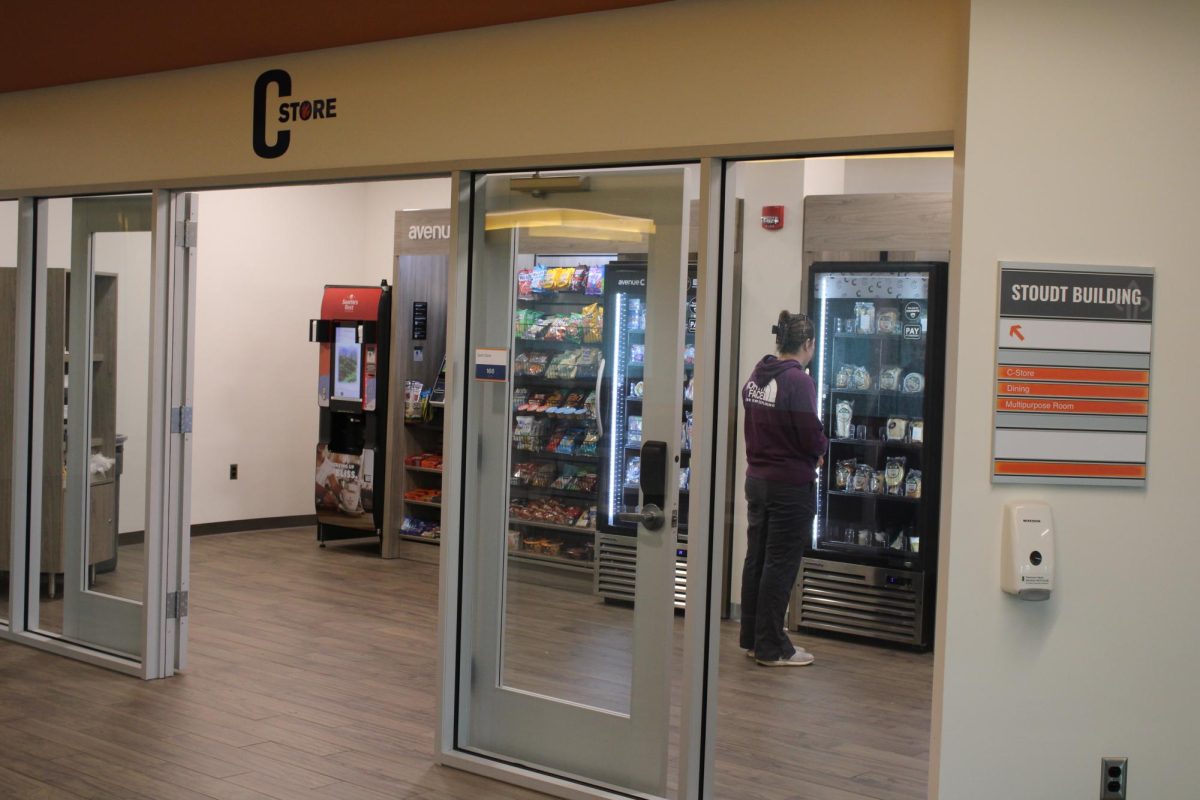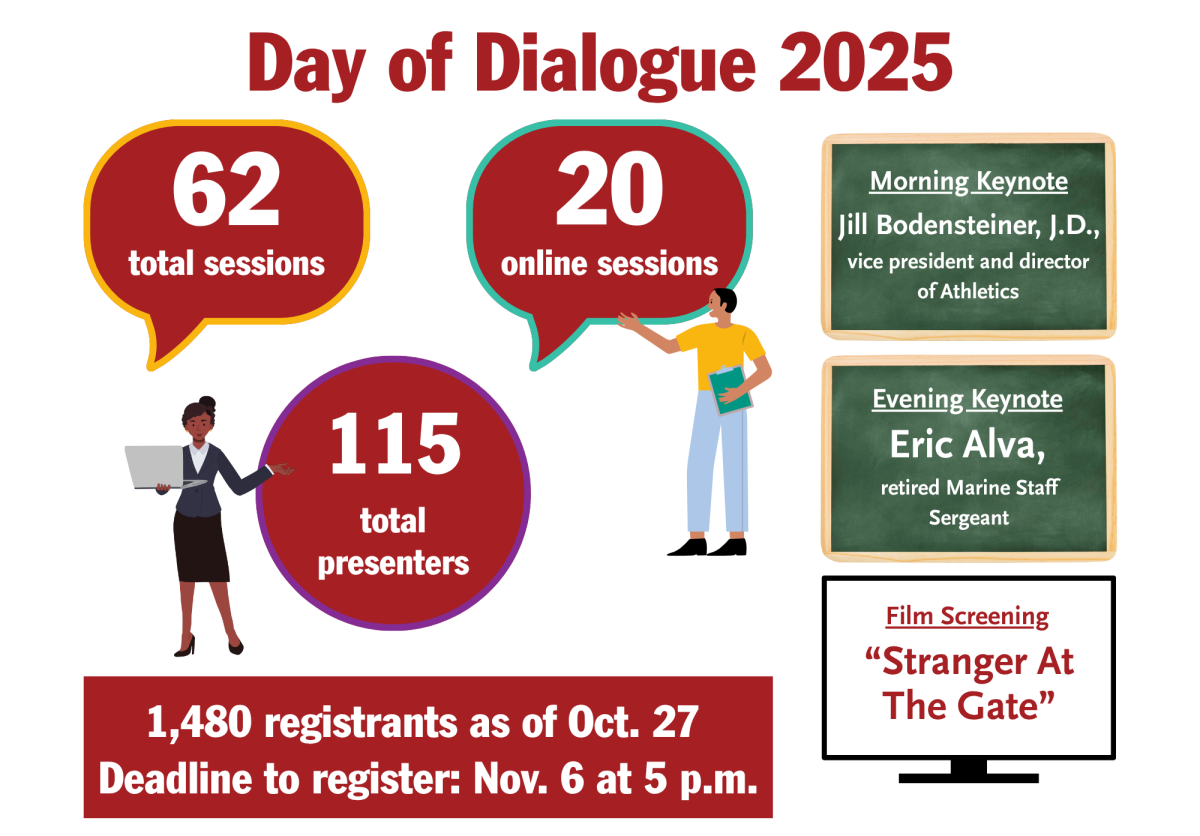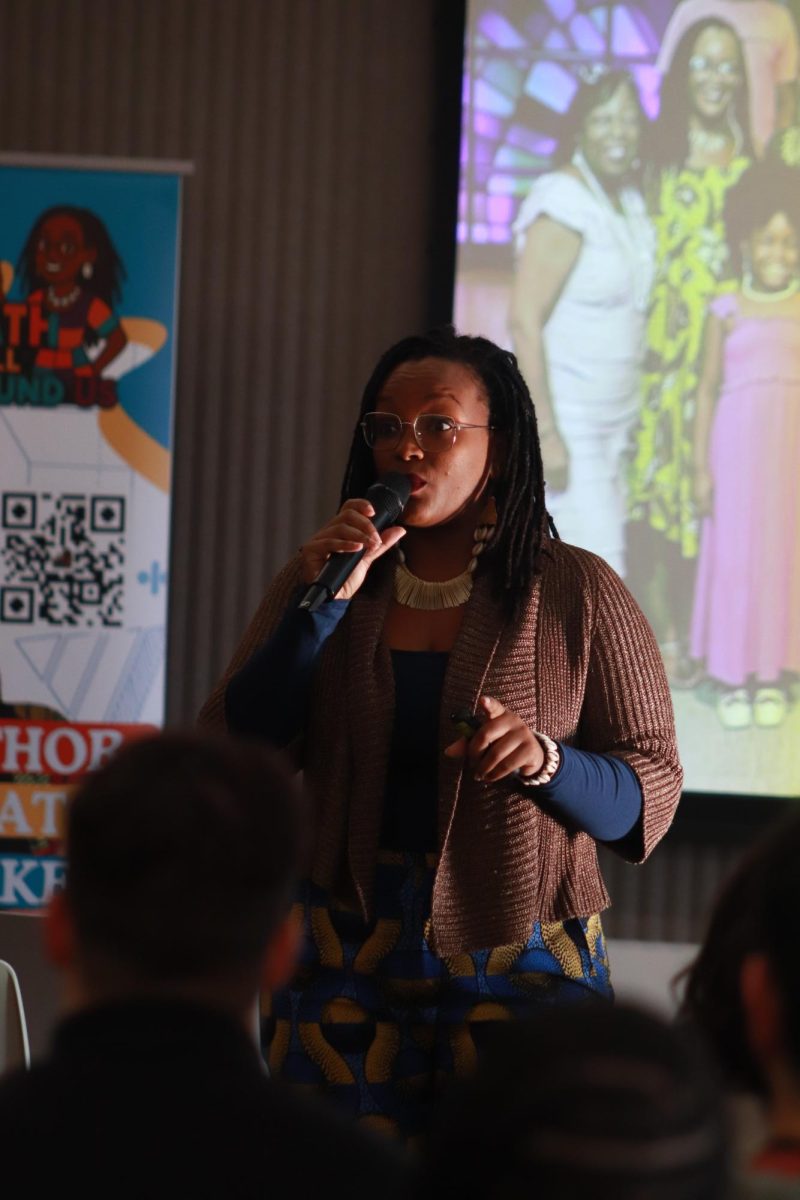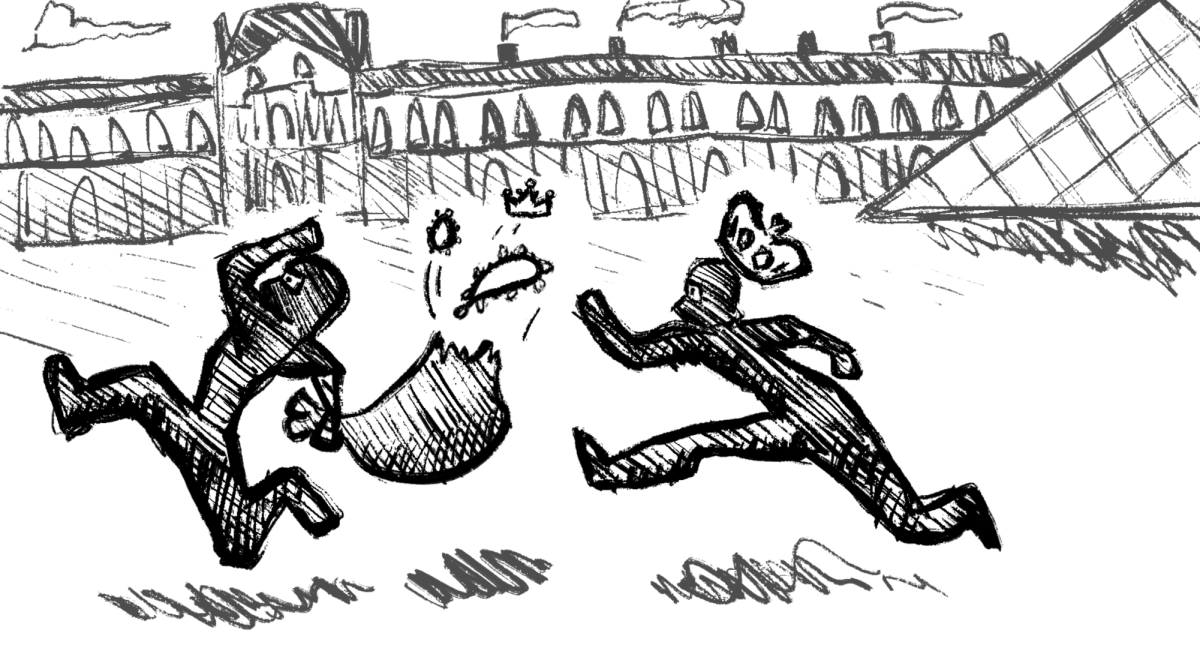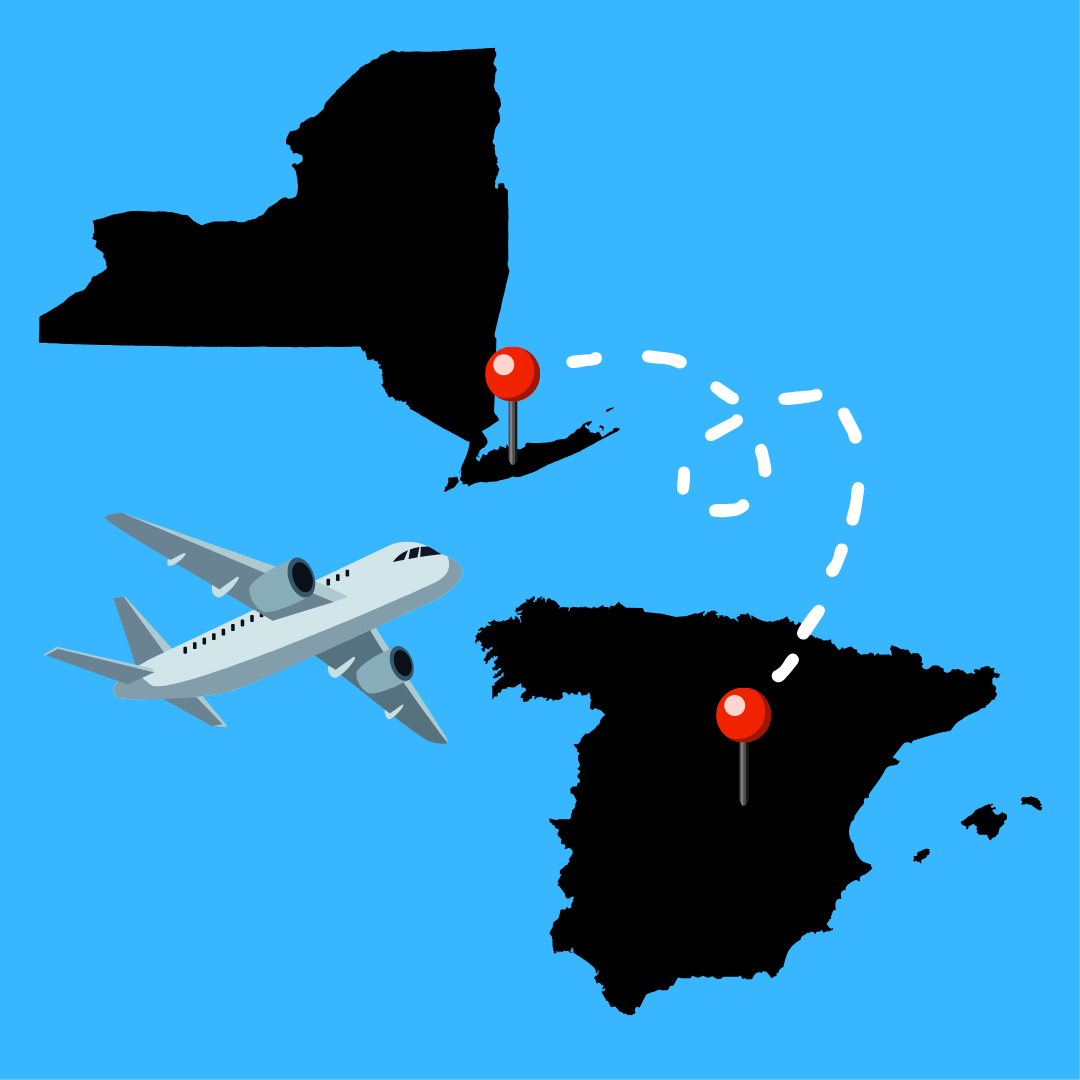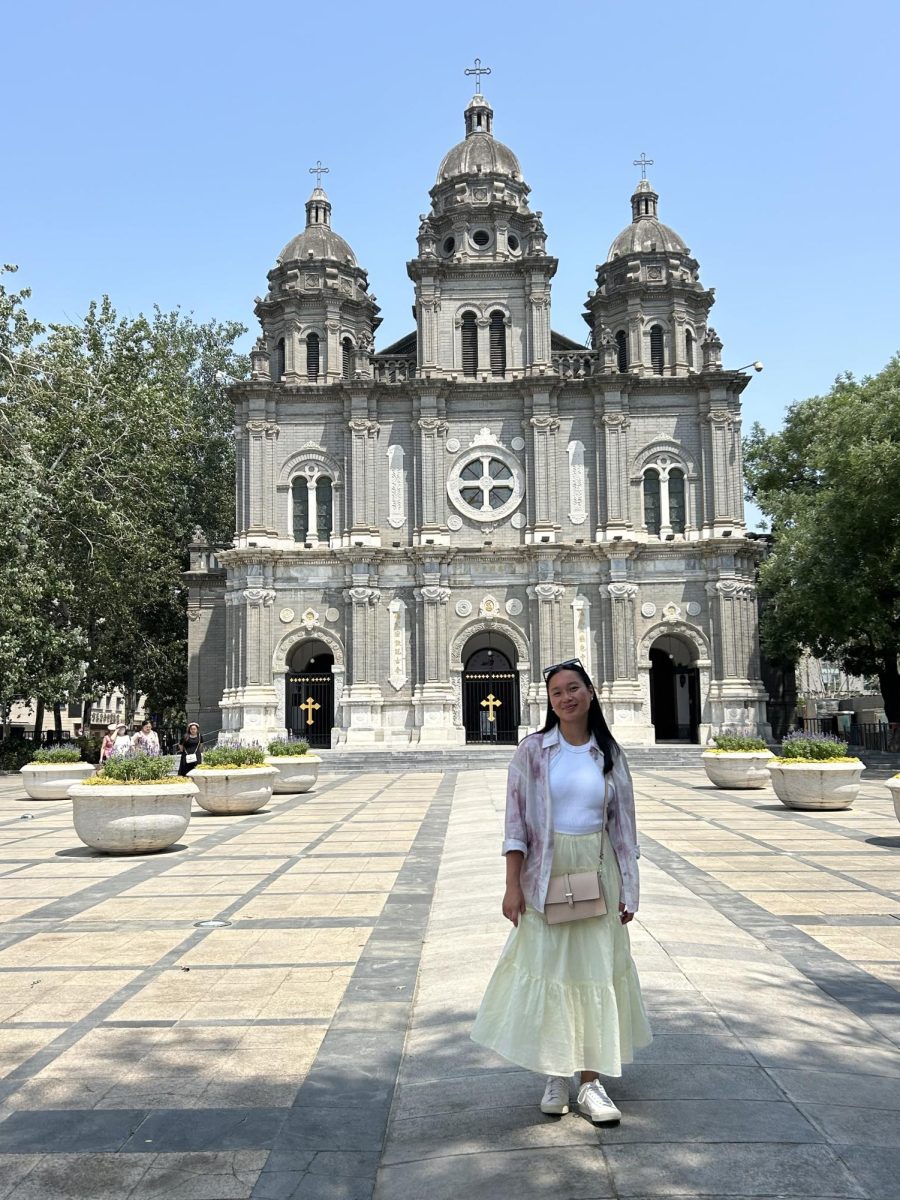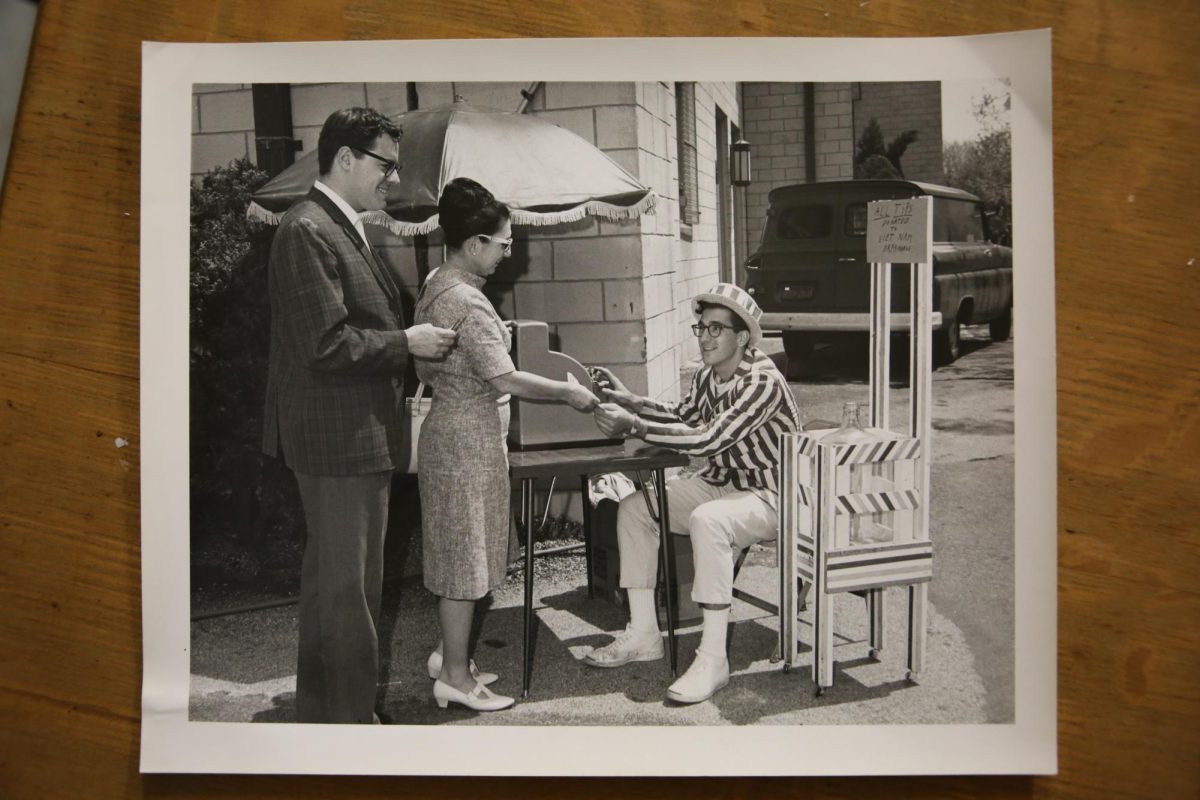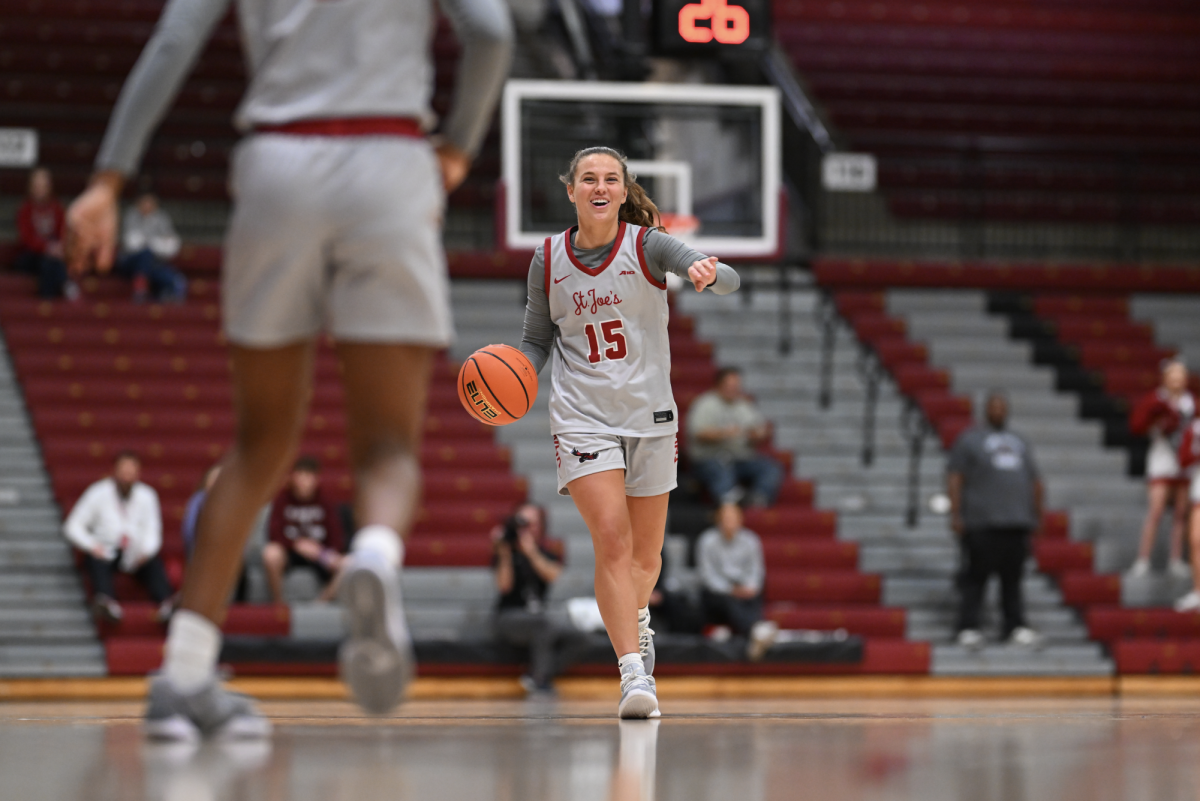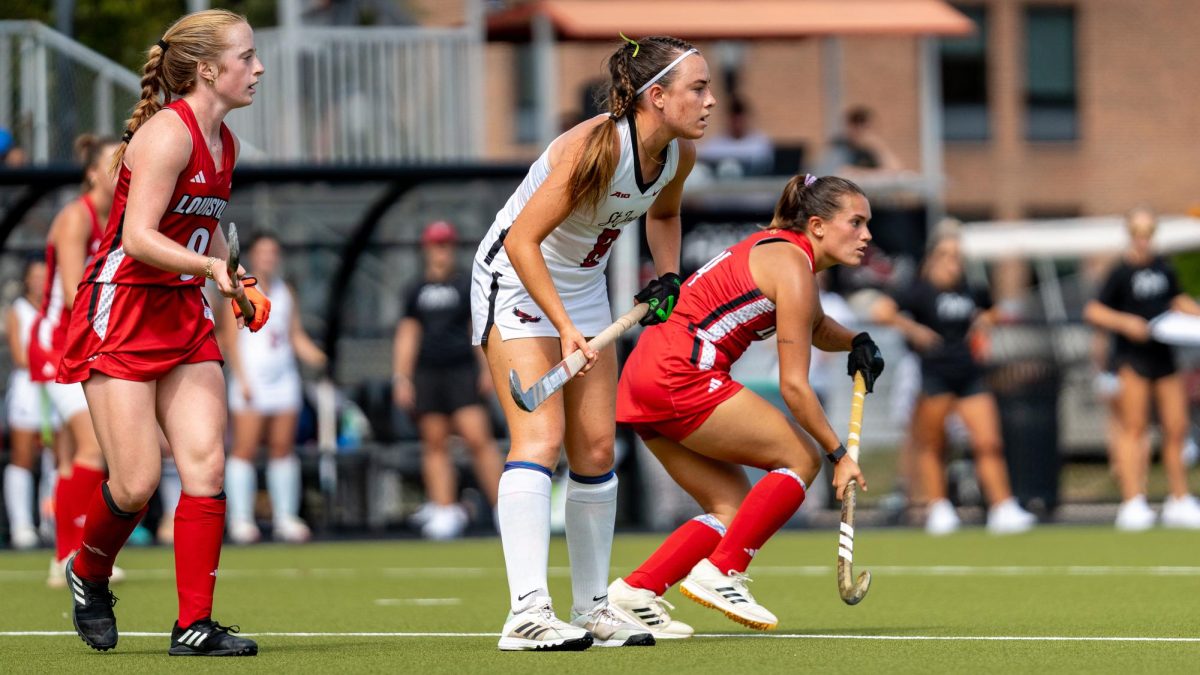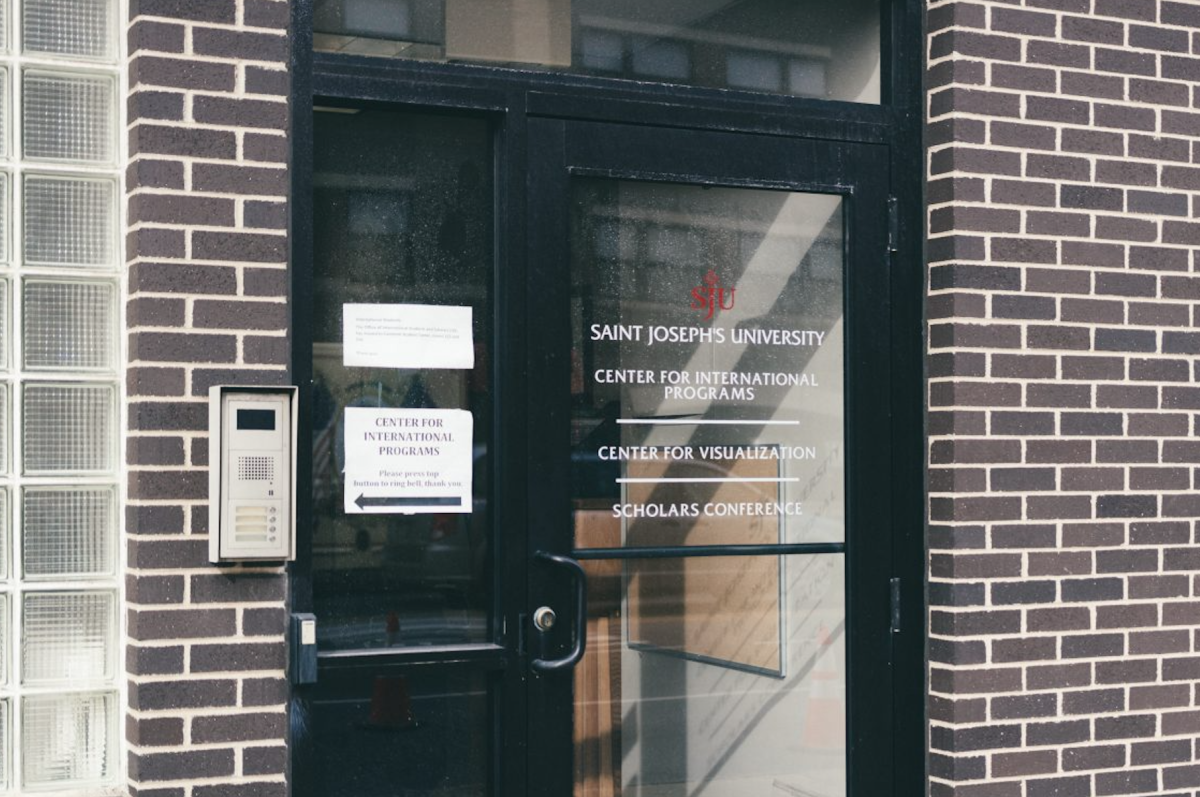Some St. Joe’s students studying abroad for the spring 2020 semester are returning to the U.S. as a result of the global spread of the novel coronavirus from China.
The 21 St. Joe’s students in Italy have been instructed by the Center for International Programs (CIP) to leave Italy.
St. Joe’s students in Italy have been attending five different programs during spring semester, including Fairfield University in Florence and Temple University in Rome. Both of these institutions have “closed their on-site operations for the semester,” according to Sara Haines, assistant director for semester abroad and health & safety.
“Over the weekend we recommended to all students in Italy that they return home,” Haines wrote in an email to The Hawk.
The novel coronavirus, which originated in Wuhan, China, has currently infected 58 countries around the world, including the U.S., Australia and Italy, according to the World Health Organization. The Centers for Disease Control and Prevention (CDC) have issued Level 3 Travel Advisories for China, Italy, Iran and South Korea.
Lucy Glickman ’21 was studying abroad in Rome until she received an email on March 1 from the CIP telling her that she needed to come back to the U.S.
“The school that I’m at is running classes as normal, but a majority of schools who are studying abroad have pulled their kids,” Glickman said.
Glickman said once the Florence programs had been canceled, she was frustrated because she wanted to know if she was going to have to leave Rome.
“My opinion on the situation is that it sucks,” Glickman said. “It’s really unfortunate. I felt like I wasn’t getting a lot of information, but that’s just because all of the study abroad programs in Florence were going home and I was freaking out because I wanted to know if I was going to have to [leave].”
Glickman arrived in the U.S. March 2 from Rome. Since she cannot finish her classes in Rome, Glickman said John Cabot University, the school she attended in Rome, is allowing students to complete their classes online.
“Before that, St. Joe’s was saying that they couldn’t really accommodate us because it’s the middle of the semester, there’s not really anything they can do,” Glickman said. “But now that there are these online classes, it’s easier for [St. Joe’s] to help us out.”
A university announcement email on Feb. 27 from Cheryl McConnell, Ph.D., provost and vice president for Academic Affairs, said students returning from “a high-risk area” should observe 14 days of isolation and not return to campus.
“The University is actively monitoring the University sponsored international travel of faculty, students and staff and has developed a protocol for anyone returning from a high-risk area,” McConnell wrote.
A St. Joe’s student on the independently run Semester at Sea (SAS) program has also been impacted by the coronavirus.
Bronagh Douglas ’21, who has been traveling across the world’s oceans through the SAS study abroad program, said her original itinerary has been unexpectedly changed three times since the ship set sail from San Diego.
“I have been on this voyage since Jan. 4 and have spent 20 days total off the ship,” Douglas wrote in an email to The Hawk. “Every day things are changing and Semester at Sea is trying their best to work around all the difficulties that come with changed itineraries.”
The SAS ship set sail from San Diego, California for Honolulu, Hawaii. It then sailed to Kobe, Japan and then Ho Chi Minh City, Vietnam. However, after the coronavirus was declared a health crisis in China, SAS canceled
scheduled stops in China, India, Malaysia and the Seychelles. On Feb. 15 the ship left Vietnam for Port Louis, Mauritius, an island about 1,400 miles off the east coast of southern Africa.
Douglas said CIP has little to no control over whether she is able to return to the U.S. as St. Joe’s is not involved in the planning of the program.
“As of now, if students choose to end the program early and go home, they will not be given any credit for that semester [from SAS],” Douglas said after the ship docked in Mauritius on Feb 29. “[CIP] cannot convince SAS to give academic credit and they cannot make the de- cision to bring us home if our program is not finished.”
Douglas said because she is now in southern Africa, an area where few cases of the coronavirus have been reported, CIP is more concerned with students in Italy.
“I think everyone is trying their best to make the right decisions and bring home students that are in heavily affected areas,” Douglas said. “It is such a shame that some students have to get sent home, but it’s important to remember health and safety is the main priority.”
On Feb. 26, St. Joe’s postponed a spring break study tour to Italy to an unspecified date until the threat of the coronavirus is gone. The trip is paired with a biology class on fermentation and would be the first science-based study tour at St. Joe’s.
Alexa Schaeffer ’21 was planning to travel to Italy for the study tour, but is now worried she cannot make the rescheduled dates pro- posed by CIP.
“My professor emailed us asking if we could email him because they found possible dates for us to go,” Schaefner said. “But I can’t go during those dates. I’m taking summer classes here, and I can’t miss my summer classes to go to Italy because I didn’t plan for that.”
Alex Vlahovic ’22 was planning to go to Italy over spring break on the same study abroad trip as Schaeffer until she received the news that the trip was postponed.
“At first I was devastated that the trip was [postponed], and then I realized there’s so many worse things that could be happening,” Vlaholic said. “As much as I would love to go to Italy over spring break with my friends, it could be worse, so I just have to keep reminding myself. But I think altogether it was probably a safe call to cancel it just to take preventative measures.”


